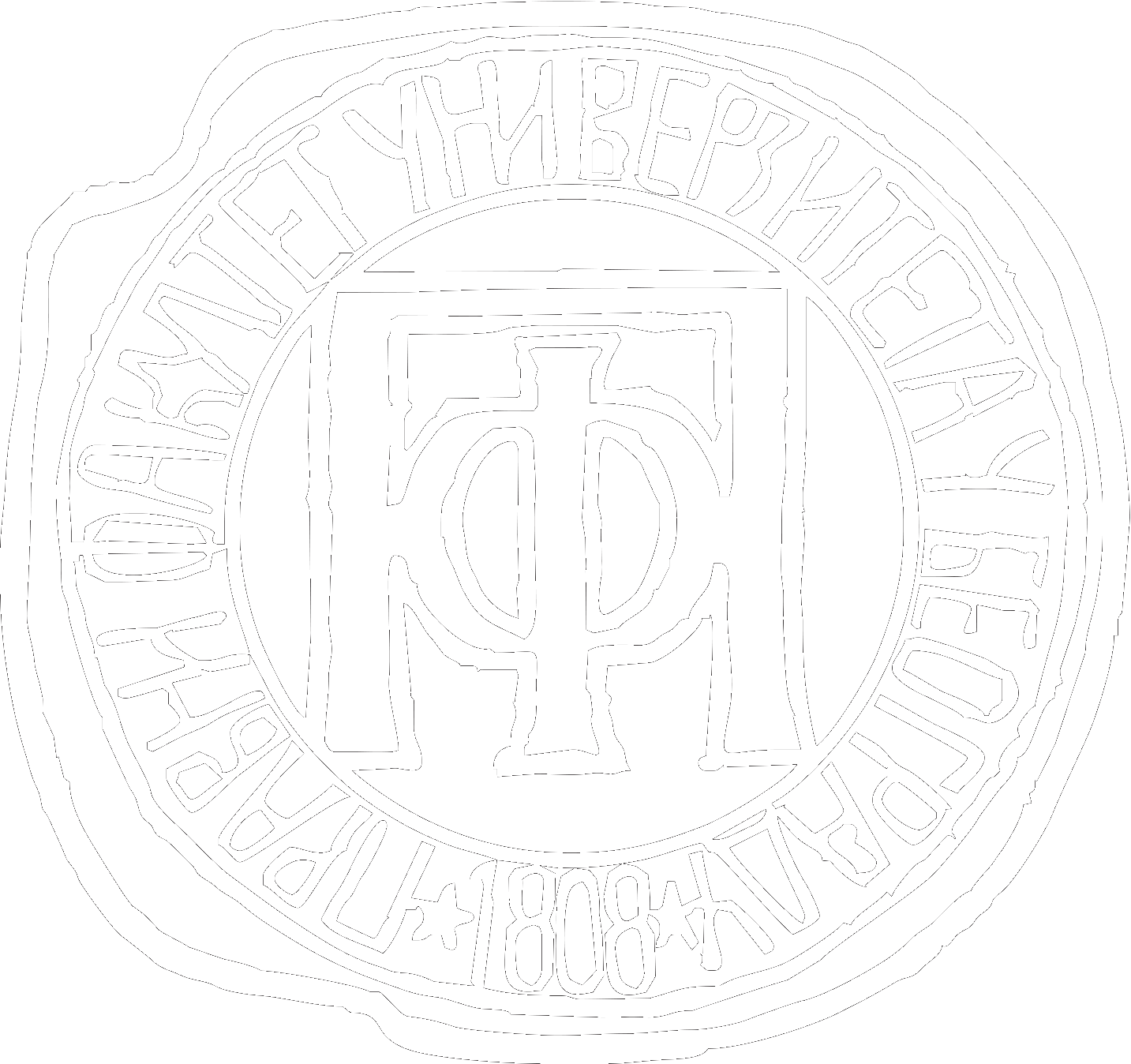Joint criminal enterprise in the practice of international criminal tribunal for the former Yugoslavia
DOI:
https://doi.org/10.5937/crimen2101081CKeywords:
joint criminal enterprise; the principle of legality; the principle of individual responsibility; crime against humanityAbstract
Joint criminal enterprise (JCE) is the institute first applied by the International criminal tribunal for the former Yugoslavia (ICTY) in the Tadić case, and thereafter further shaped through the practice of the ICTY despite the fact that JCE as a form of individual responsibility is not mentioned anywhere in the Statute of ICTY, neither implicitly nor explicitly. Although today there is no doubt that the Joint criminal enterprise is an institute of international criminal law, which was very often applied in the practice by both ICTY and other international ad hoc tribunals, the serious remarks to this institute do not abate. It's pointed out that this is an institute that "was created" to ensure the conviction of the defendants, which procedurally affects the prosecution, which is relieved of the burden of proving criminal responsibilities and the specific roles of each of the participants in the JCE. Besides that, at the time when this doctrine was formulated, it was not entirely clear whether it was a form of commission or a form of complicity. Only a couple of years later, in the Milutinović et al. case, the ICTY stands out that the liability based on the JCE doctrine, in fact, is a responsibility for the commission, which further compromised this doctrine. Questionless, the application of the Joint criminal enterprise doctrine in practice leads to serious violation of the fundamental principles of contemporary criminal law. With general review of the Joint criminal enterprise doctrine, in this piece of work, the author considers one case of conviction under the third (often referred to as "extended") form of JCE, in order to point out the key problems which this doctrine produces in practice.
Downloads
References
Ackerman, J. E., and E. O'Sullivan. 2013. Praksa i procedura Međunarodnog tribunala za bivšu Jugoslaviju sa odabranim materijalima Međunarodnog krivičnog tribunala za Ruandu (translated by A. Sadiković). Sarajevo.
Bigi, G. 2010. "Joint criminal enterprise in the jurisprudence of the International criminal tribunal for the former Yugoslavia and the prosecution of senior political and military leaders: The Krajisnik case." In Max Planck Yearbook of United Nations Law, edited by A. von Bogdandy and R. Wolfrum, 14. Leiden. https://doi.org/10.1163/18757413-90000049
Cassese, A., et al. 2011. International Criminal Law: Cases and Commentary. New York.
Cryer, R., et al. 2007. An Introduction to International Criminal Law and Procedure. Cambridge. https://doi.org/10.1017/CBO9780511801006
Delić, N. 2009. Nova rešenja opštih instituta u KZS. Beograd.
Đorđević, G. 2017. Zajednički zločinački poduhvat – u teoriji i praksi. Niš.
Ivanišević, B., et al. 2002. Vodič kroz Haški tribunal – propisi i praksa. Beograd.
Jovašević, D. 2016. "Odgovornost za međunarodne zločine." Vojno delo, no. 2.
Ristivojević, B. 2010. "Opšti elemenat zločina protiv čovečnosti." In Zbornik radova Pravnog fakulteta u Novom Sadu, edited by D. Drakić, no. 2. Novi Sad.
Stojanović, Z. 2013. Krivično pravo – opšti deo. Beograd.
Stojanović, Z. 2016. Međunarodno krivično pravo. Beograd.
Škulić, M. 2019. "Krivičnopravna koncepcija zavere u međunarodnom krivičnom pravu." In Odgovornost i sankcija u krivičnom pravu, Tara.
Škulić, M. 2020. "Jedan pogled na pojam i strukturu međunarodnog krivičnog prava." In Međunarodno javno i krivično pravo u XXI veku, Tara.
Škulić, M. 2020a. Međunarodno krivično pravo. Beograd.
Škulić, M. 2014. "Odnos organizovanog kriminaliteta u krivičnopravnom smislu i saučesništva." NBP – Žurnal za kriminalistiku i pravo, no. 3.

Downloads
Published
How to Cite
Issue
Section
License
Copyright (c) 2021 Irena Čučilović

This work is licensed under a Creative Commons Attribution 4.0 International License.
The authors retain copyright and grant the journal the right of first publication, allowing others to share the work with proper attribution to the authors and acknowledgment of its original publication in this journal.










